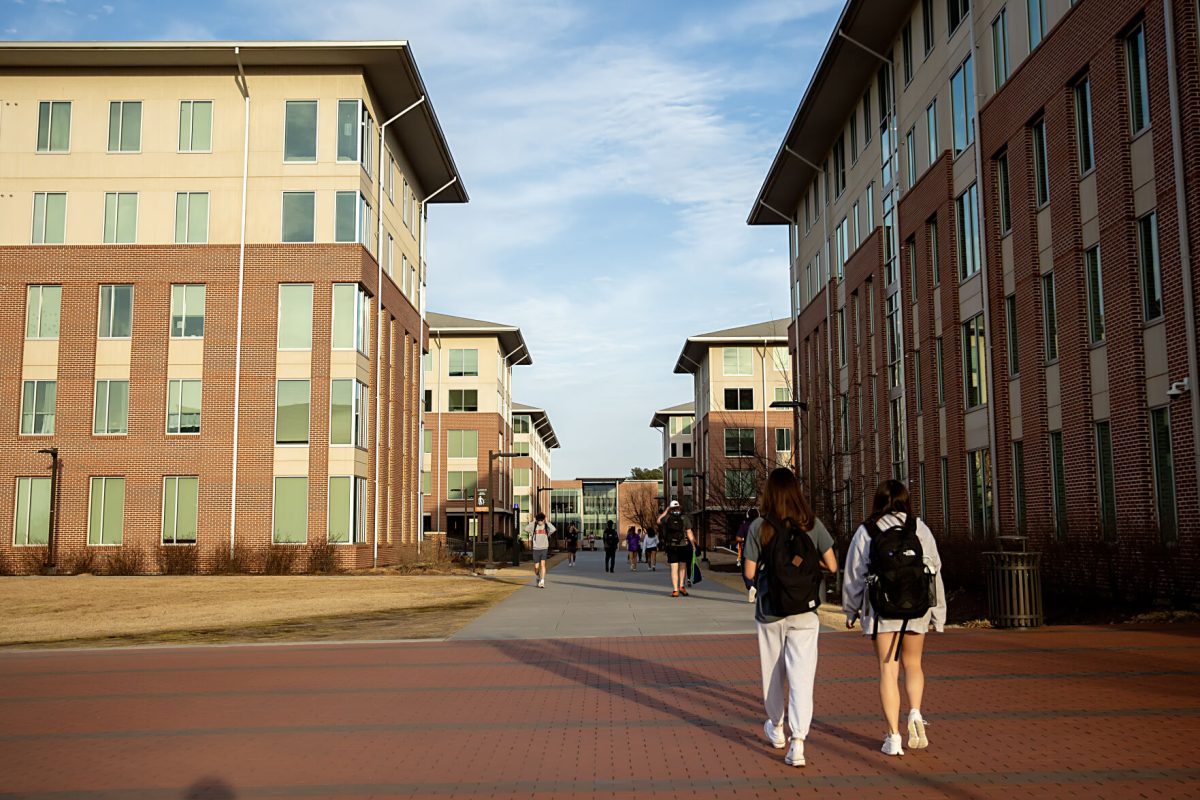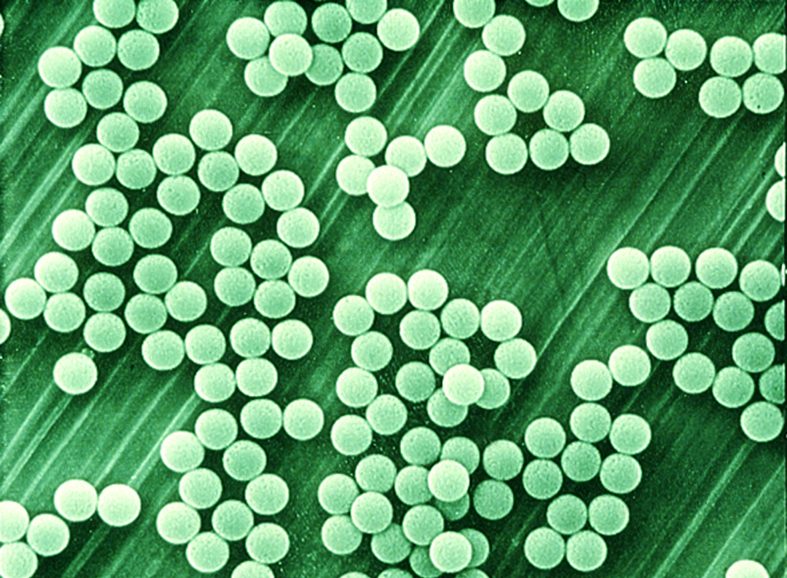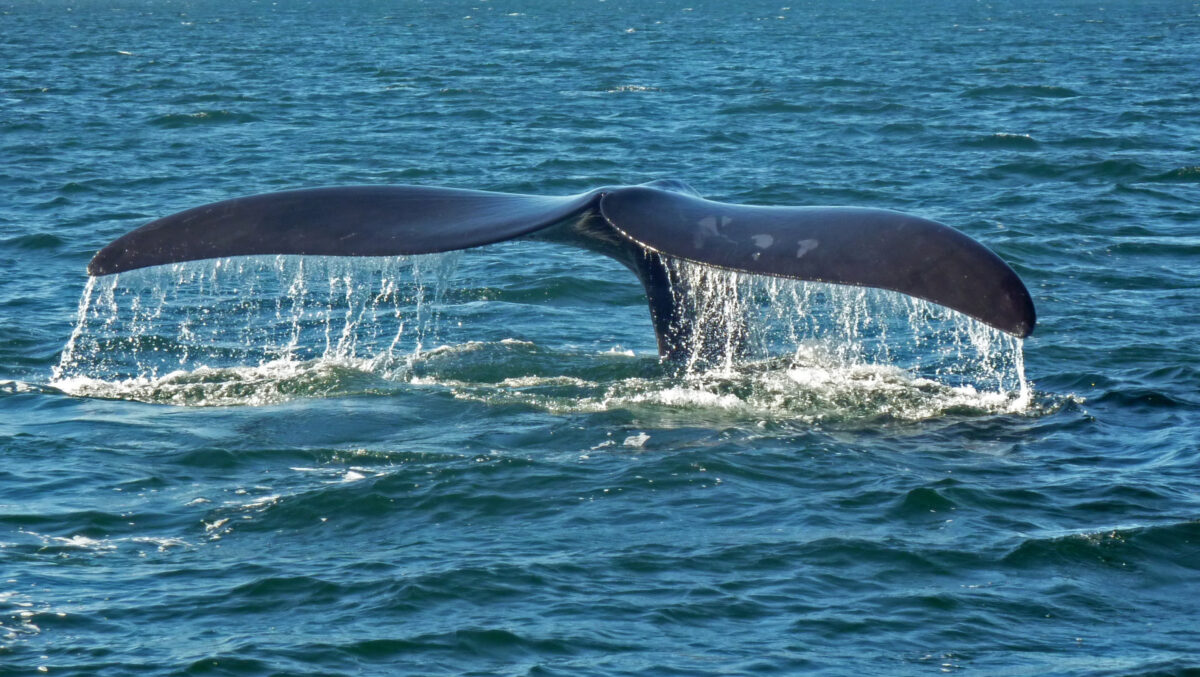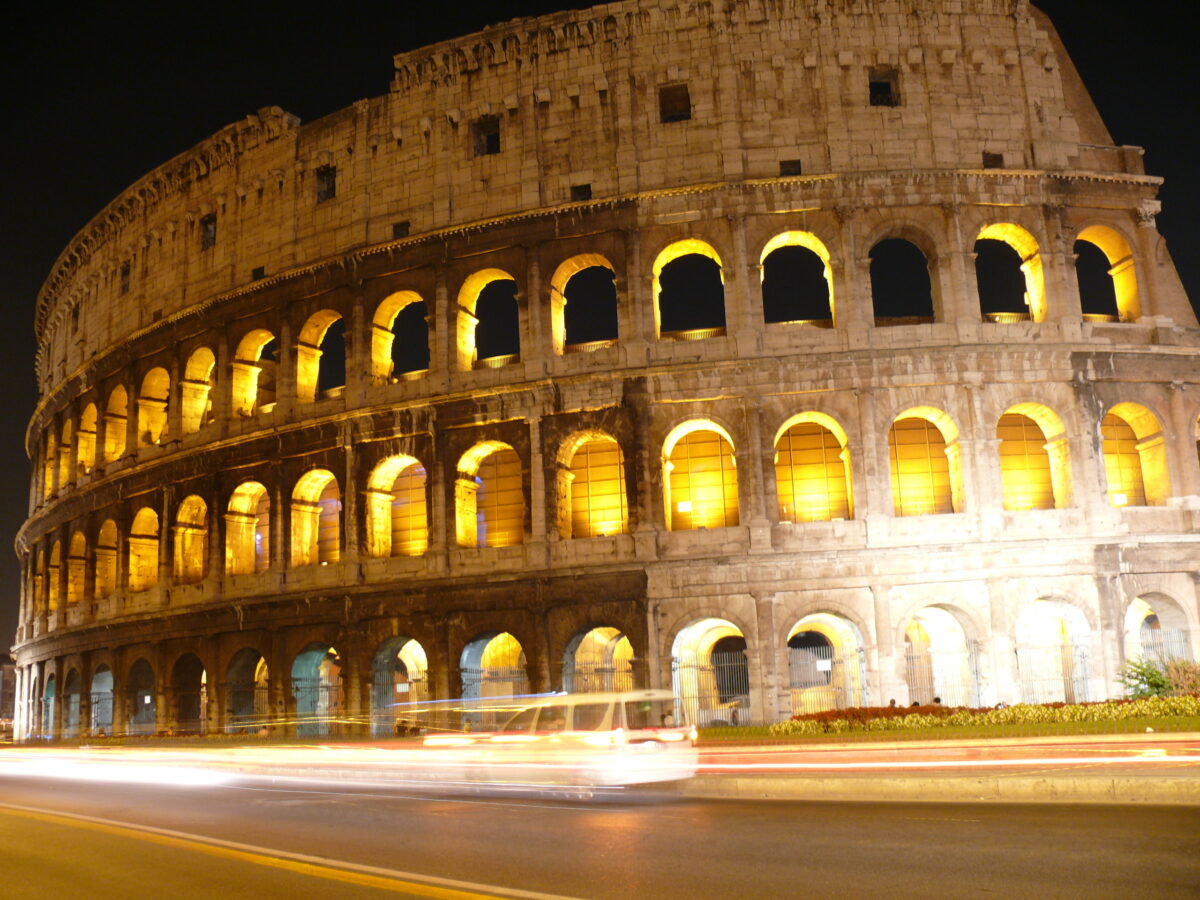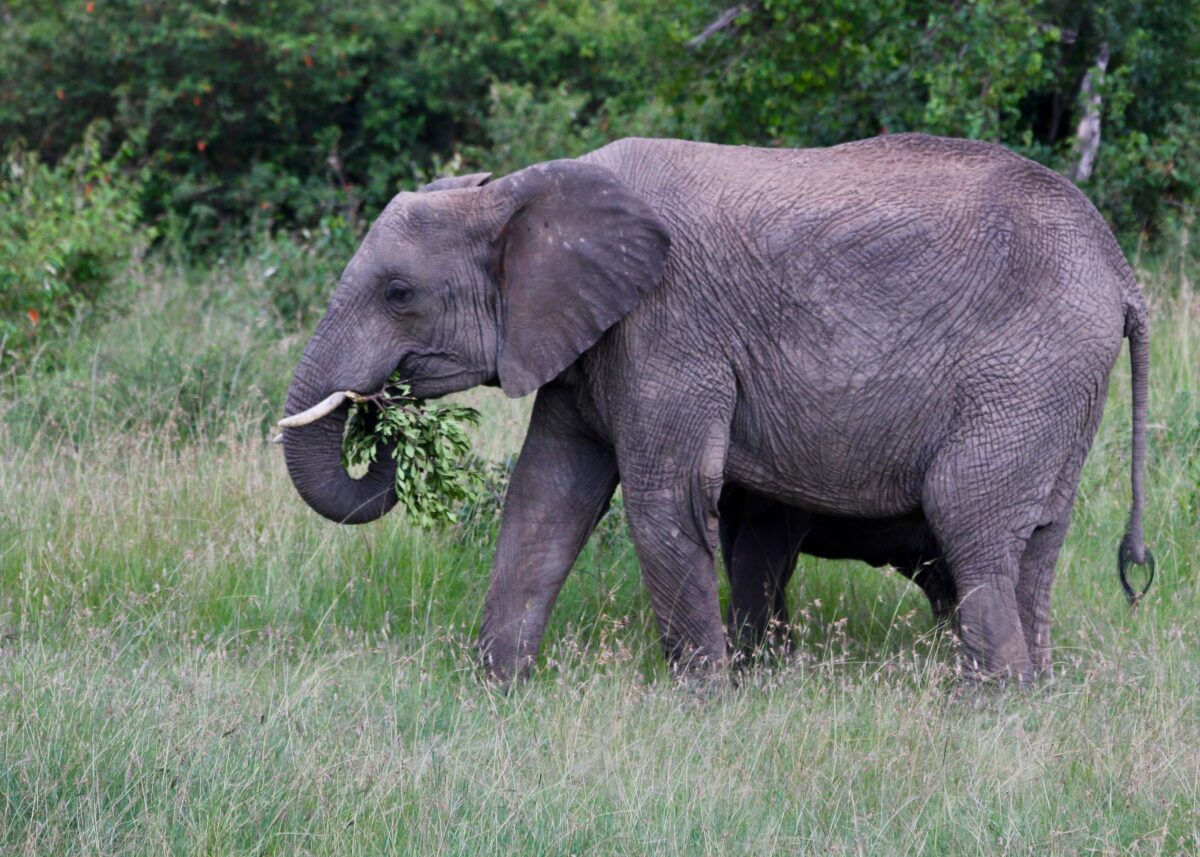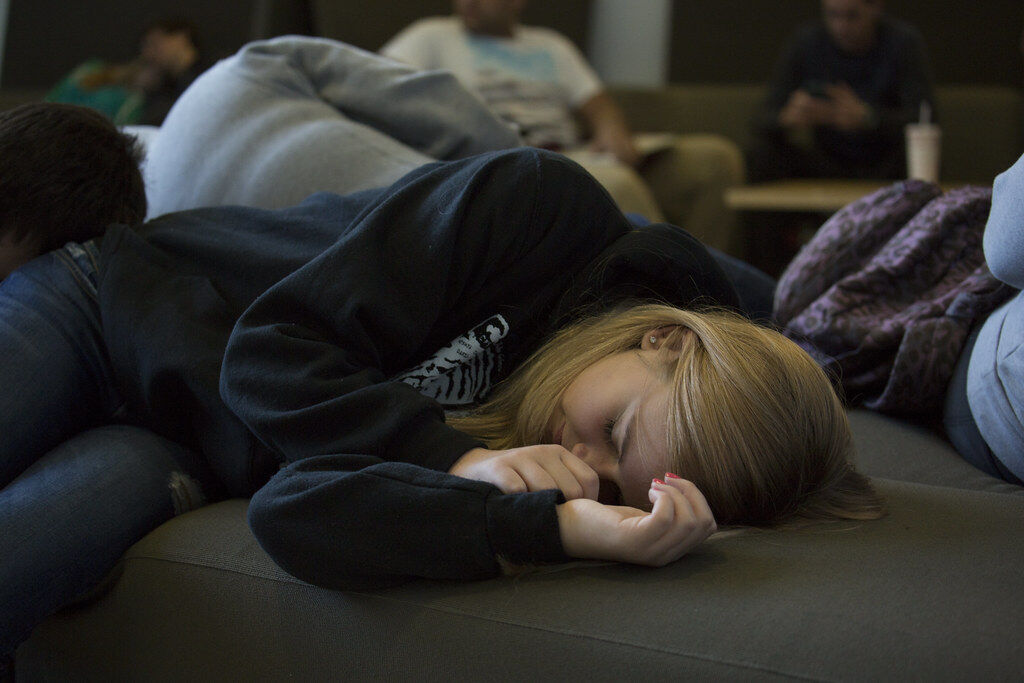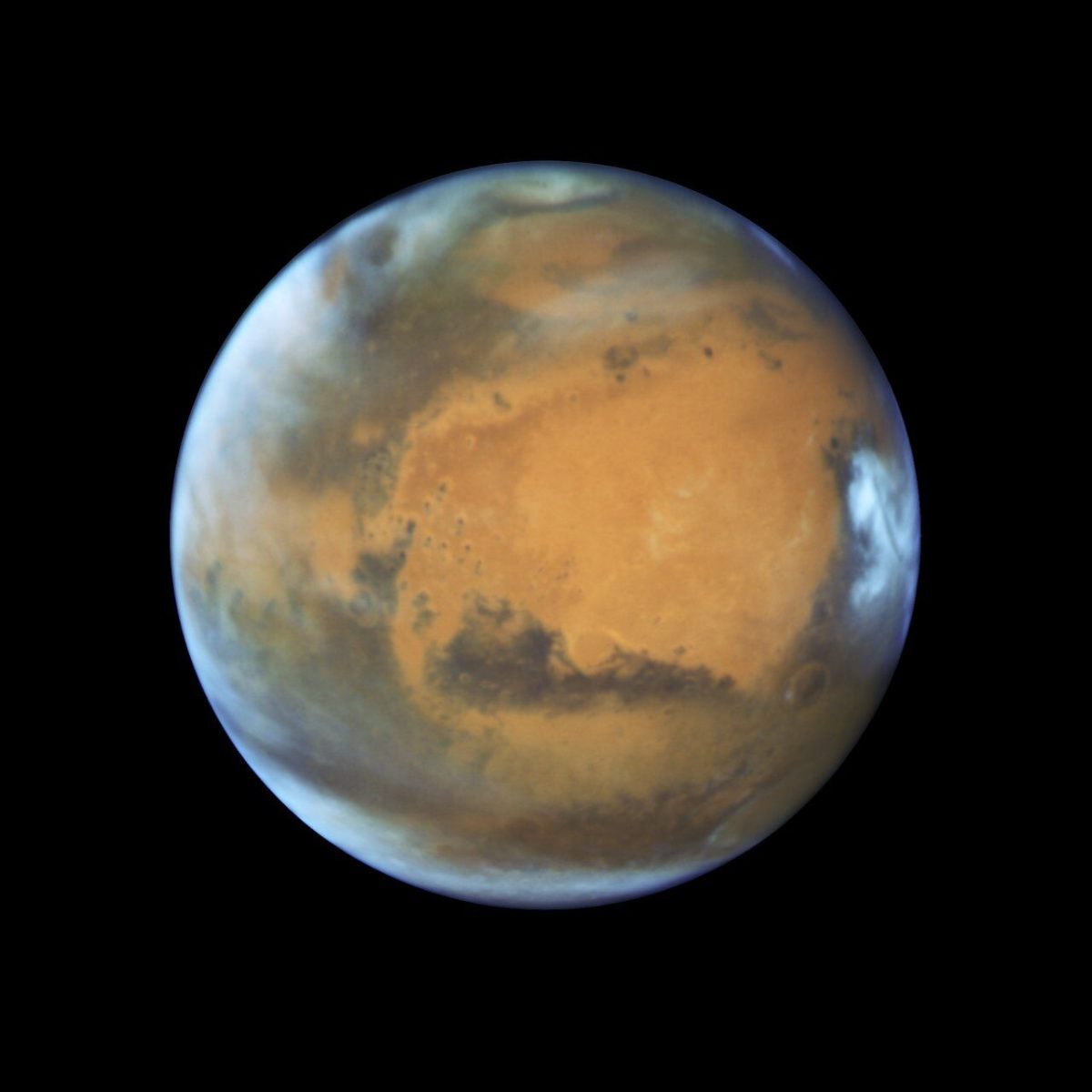What do smoking cigarettes, eating red meat and flying to space have in common? Surprisingly, they all increase the risk of heart disease and cancer.
According to research done at Mount Sinai Icahn School of Medicine, and published in Nature Communications Biology, spaceflight causes astronauts to suffer from genetic mutations that increase heart disease and cancer.
The results of this study could lead to constant surveillance of astronauts in order to monitor their health before and after spaceflight.
The study began when researchers at Mount Sinai collected blood samples from 14 NASA astronauts who flew to space for a short period of time between 1998 and 2001. They analyzed blood from before and after each astronaut’s spaceflight and all 14 astronauts had mutations in stem cells that form blood cells.
In particular, there were mutations in genes that could drive clonal hematopoiesis, which is defined as a rapid production of blood cells, and is associated with an increased risk for various blood cancers such as myelodysplastic syndrome and acute myeloid leukemia.
Specifically, the data revealed mutations in the TP53 gene, which normally stops the growth of tumors, and in the DNMT3A gene, which causes AML.
Interestingly, the mutations found are normally caused by environmental changes such as exposure to UV radiation or other chemicals, so these mutations could very well have been the result of an astronaut’s vulnerability to space radiation in the atmosphere.
All 14 of these astronauts participated in short spaceflight durations (12 days on average), and six of the 14 astronauts had only flown one mission. Thus, the discovery of these mutations in every single astronaut was alarming.
The study raises several important questions. How many mutations would these astronauts have accumulated, had they stayed in spaceflight longer? What does this mean for future human civilization on other planets? Further studies are needed to fully understand how space travel affects our DNA.
Categories:
Tigra scientifica: Houston, we have a problem
Meghan Werner, Contributor
February 20, 2023
Wikimedia // Courtesy
Mutations in space occur throughout a prolonged period of time, due to the effect of no longer being in the human body’s natural habitat.
0
Donate to The Tiger
Your donation will support the student journalists of Clemson University. Your contribution will allow us to purchase equipment and cover our annual website hosting costs.
More to Discover







